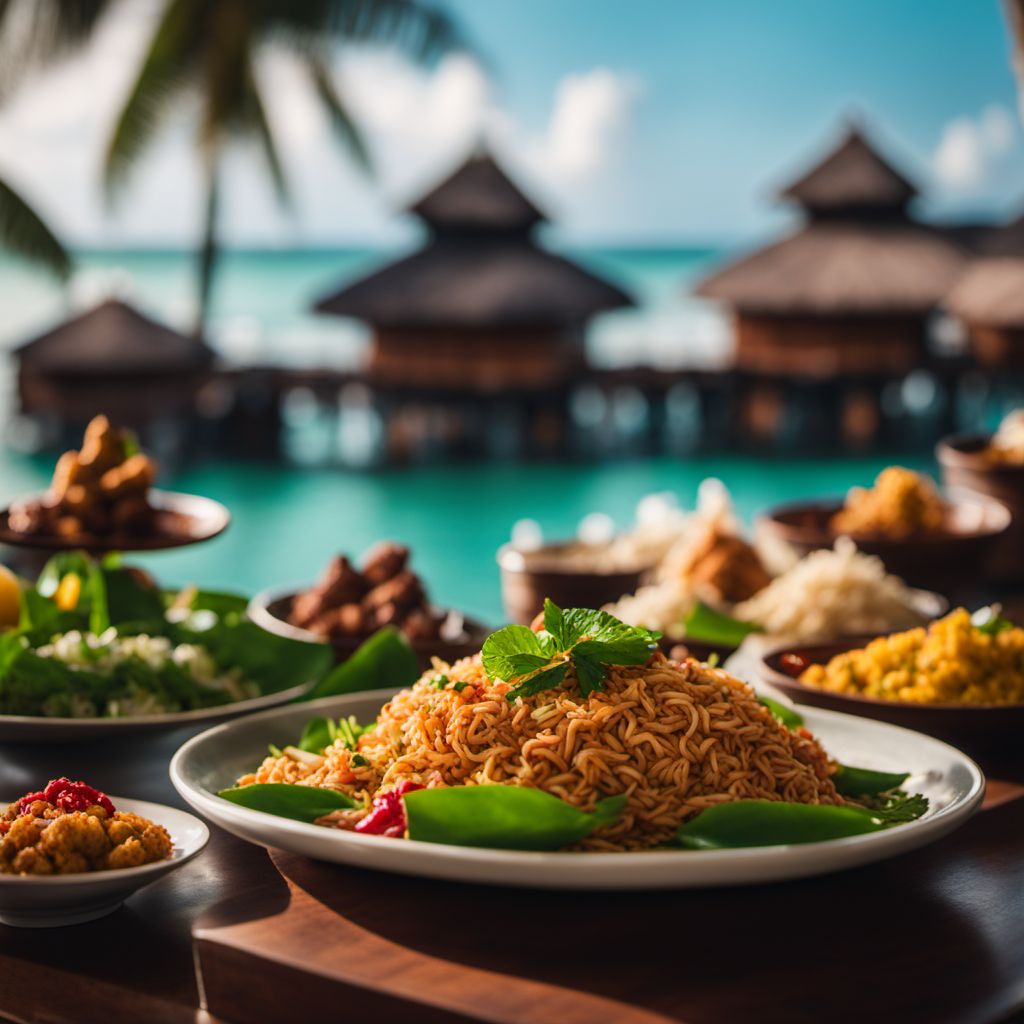
Cuisine
Maldivian cuisine
Maldivian cuisine is characterized by its use of seafood, particularly tuna, as well as coconut and a variety of aromatic spices such as cumin, coriander, and cardamom. Rice dishes are also popular, often flavored with saffron and served with fish or vegetables. Maldivian cuisine also incorporates a variety of vegetables, including eggplant, pumpkin, and sweet potato.
Typical ingredients
Tuna, Coconut, Rice, Saffron, Cumin, Coriander, Cardamom, Eggplant, Pumpkin, Sweet potato, Ginger, Garlic, Onions, Tomatoes
Presentation and garnishing
Maldivian dishes are often presented in a simple and rustic manner, with little emphasis on presentation or garnishing. However, some dishes may be garnished with fresh herbs or sliced vegetables.
Maldivian cuisine is relatively unknown outside of the region, but is gaining popularity among food enthusiasts for its unique flavors and ingredients.
More cuisines from this region...
Sri Lankan cuisine, Bangladeshi cuisine, Nepalese cuisine, Sylheti cuisine, Bhutanese cuisine, Afghan cuisine, Hazaragi cuisine
History
Maldivian cuisine has a long history, dating back to the early settlers who arrived in the region over 2,000 years ago. The cuisine has been influenced by neighboring countries such as India and Sri Lanka, as well as by the availability of local ingredients. Maldivian cuisine has traditionally been simple and hearty, with dishes designed to provide sustenance for the island lifestyle. In recent years, the cuisine has become more diverse and complex, with chefs incorporating new techniques and ingredients.
Cultural significance
Food is an important part of Maldivian culture, with many festivals and celebrations centered around traditional dishes. The cuisine is also closely tied to Islam, with many dishes prepared according to halal dietary laws. Maldivian cuisine is known for its use of seafood, particularly tuna, which is a staple of the island diet.
Health benefits and considerations
Maldivian cuisine is generally healthy, with an emphasis on fresh ingredients and simple preparation methods. However, some dishes may be high in fat or sodium, particularly those that incorporate coconut or fried fish. A number of Maldivian dishes are also vegetarian or vegan, incorporating a variety of vegetables and legumes.
Maldivian cuisine dishes Browse all »
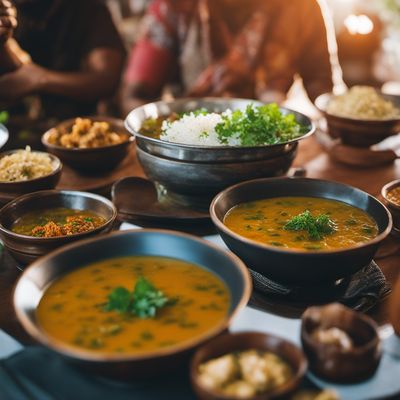
Garudihya
Garudihya is a traditional Maldivian fish soup that is made with a variety of spices and herbs. It is typically served with rice and other side dishes, and is a popular dish...

Dhon riha
Maldivian tuna stew
Dhon riha is a traditional Maldivian fish curry that is typically served with rice. It is a flavorful and spicy dish that is perfect for seafood lovers.

Kadon gamson
Octopus Stew
Kadon gamson, also known as stuffed squid, is a popular Malaysian dish that is perfect for seafood lovers. The dish is made with tender squid that is stuffed with a flavorful...

Mas riha
Fish Curry
Mas riha is a traditional Maldivian dish that is made with tuna, coconut milk, and spices. The dish is light and flavorful, with a creamy texture that is perfect for dipping...
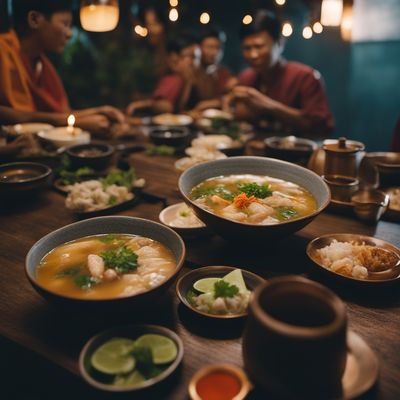
Rihaakuru dhiya
Fish and taro soup
Rihaakuru dhiya is a traditional Maldivian soup made with tuna and coconut milk. It is a rich and flavorful dish that is perfect for a special occasion.
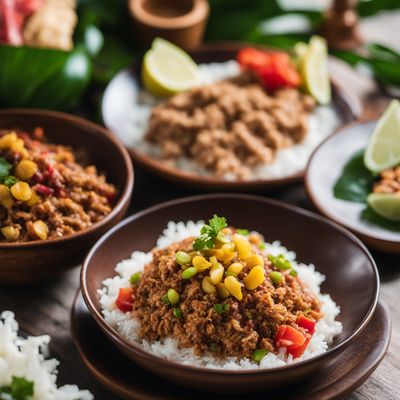
Mas huni
Mas huni is a traditional Maldivian breakfast dish that is made with tuna, coconut, and spices. It is a flavorful and filling dish that is perfect for starting your day.
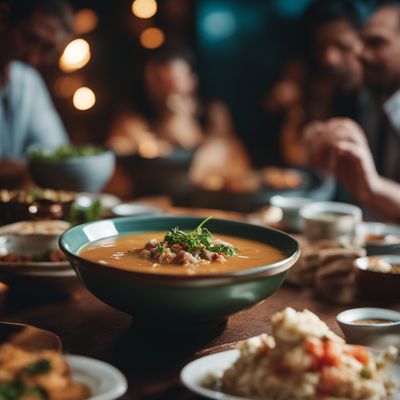
Havaadhulee bis
Roasted Tuna Soup
Havaadhulee bis is a traditional Maldivian dish made with tuna, coconut, and spices. It is a flavorful and nutritious dish that is perfect for any occasion.

Riha folhi
Riha Folhi
Riha folhi is a traditional Maldivian fish curry made with coconut milk and spices.
Maldivian cuisine recipes Browse all »
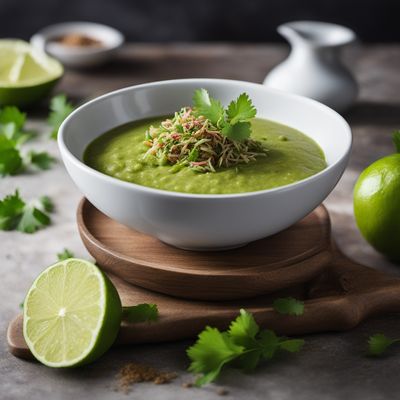
Maldivian-Style Coconut Tartare Sauce
Tropical Twist: Maldivian Coconut Tartare Sauce

Maldivian-style Coconut Enchiladas
Tropical Delight: Maldivian Coconut Enchiladas
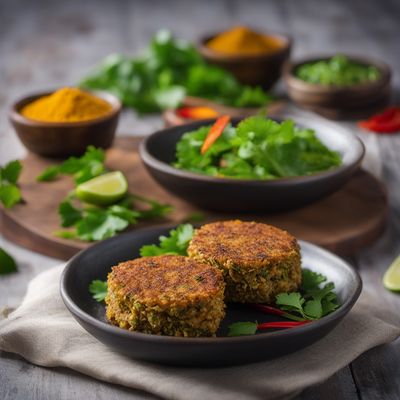
Maldivian Tuna and Coconut Patties
Savory Delights from the Maldives: Tuna and Coconut Patties
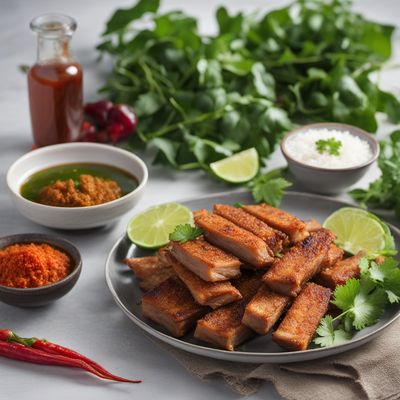
Crispy Pork Bánh Mì with a Maldivian Twist
Maldivian-Inspired Crispy Pork Bánh Mì: A Tropical Take on a Vietnamese Classic

Maldivian Mushroom and Pea Curry
Tropical Delight: Maldivian Mushroom and Pea Curry
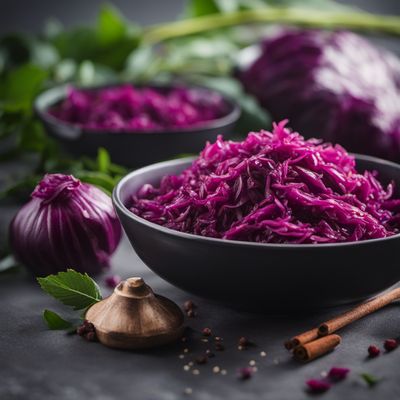
Maldivian-style Spiced Red Cabbage
Tropical Twist: Maldivian-inspired Spiced Red Cabbage Delight

Maldivian Tuna and Coconut Salad
Tropical Delight: Maldivian Tuna and Coconut Salad
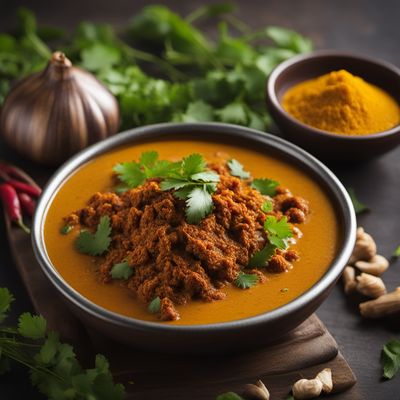
Maldivian Spiced Tuna Curry
Savory Delight: Maldivian Spiced Tuna Curry
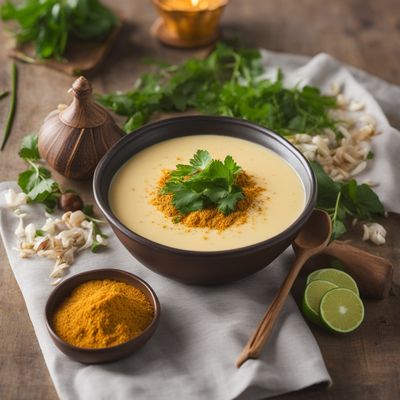
Maldivian Cheesy Soup
Savory Delight: Maldivian Cheesy Soup with a Tropical Twist
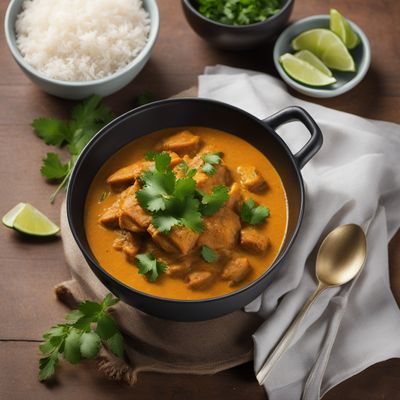
Maldivian Coconut Fish Curry
Tropical Delight: Maldivian Coconut Fish Curry
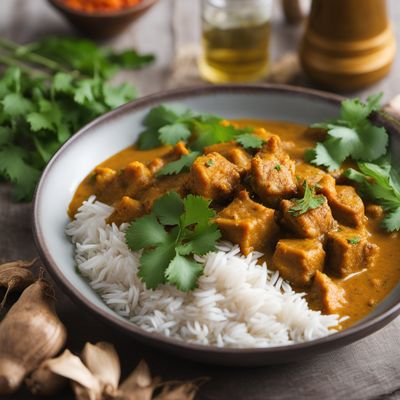
Maldivian Coconut Curry with Fish
Tropical Delight: Maldivian Coconut Curry with Fresh Fish

Maldivian Coconut Fish Curry
Tropical Delight: Maldivian Coconut Fish Curry